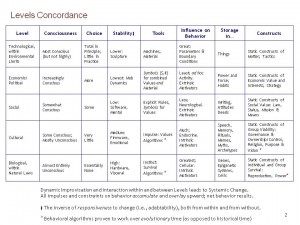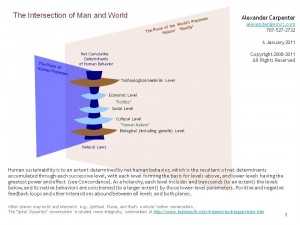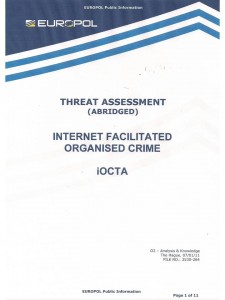
A Concise History of the Rise and Fall of the Enviro Establishment
How Green Became the Color of Money
By JEFFREY ST. CLAIR, Counterpunch
Part I
New Year's Edition
December 31, 2010 – January 2, 2011
EXTRACT: Watt, Gorsuch, Levelle and Crowell were magnificent villains for fundraising: direct mail revenues of the top environmental groups exploded tenfold from 1979 to 1981. Green became the color of money, and the rag-tag band of hardcore activists who populated the Hill in the 1970s gave way to a cadre of Ivy League-educated lobbyists, lawyers, policy wonks, research scientists and telemarketers. Executives enjoyed perks and salaries that rivaled those of corporate CEOs.
A Concise History of the Rise and Fall of the Enviro Establishment
How Green Became the Color of Money
By JEFFREY ST. CLAIR, Counterpunch
Part II
Weekend Edition
January 7 – 9, 2011
By the end of Reagan’s second term, the big environmental organizations were well-pickled in the political brine of Washington, with freshness and passion drained out.
. . . . . .
EXTRACT: Under instructions from Bush, Lujan ordered the Bureau of Land Management to fast track the purchase of the Goldstrike Mine by Barrick Resources, a Toronto-based company controlled by financier Peter Munk. The way thus lubricated, Barrick acquired the 1,800 acre gold mine near Elko, Nevada, for the princely sum of $9,500. By the time the mine is shuttered, the Goldstrike will yield an estimated $10 billion in gold. In 1995, in consideration for his favors, George Bush was invited to join Barrick’s board of advisers.
Phi Beta Iota: The work of Jeffrey St. Claire and CounterPunch are representative of public intelligence in the public interest–the work suffers from being isolated and lacking holistic integrity–there is no means for the public to “connect the dots” or evaluate each predatory move in situ and in context. That is the emergent challenge and opportunity of the 21st Century.

 Business Shamanism
Business Shamanism



